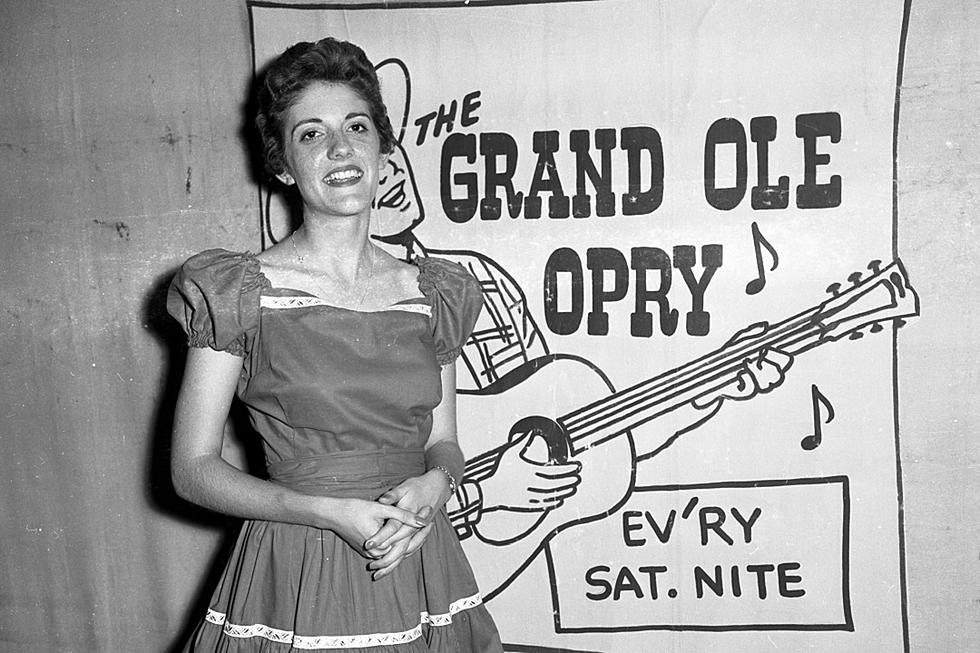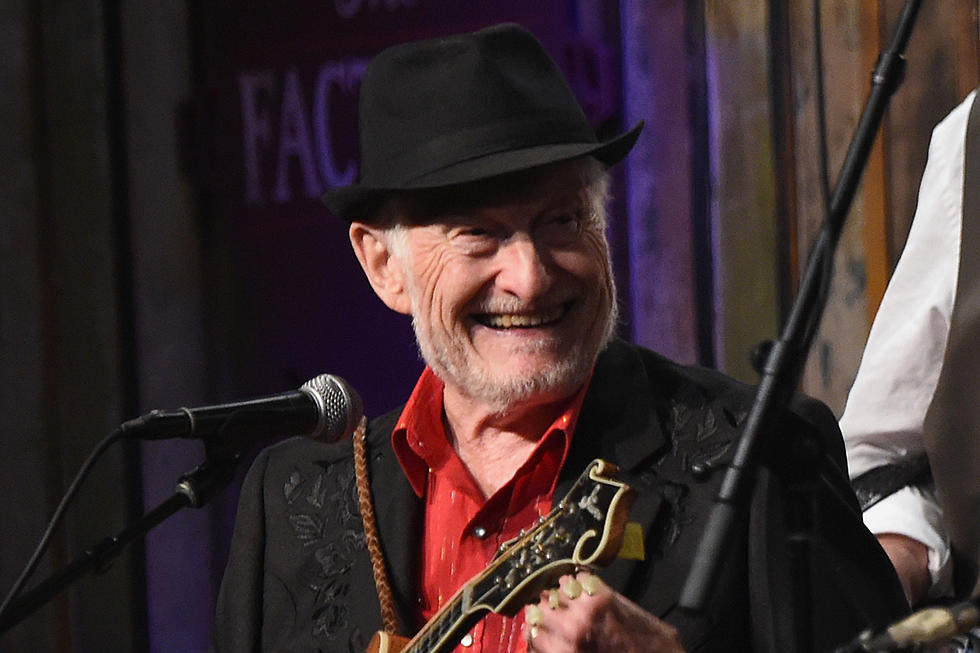Here’s How the Grand Ole Opry Is Keeping the Circle Unbroken During the Coronavirus Pandemic
Despite the coronavirus (COVID-19) pandemic shutting down Nashville's famous Lower Broadway area of honky-tonks and celebrity-owned bars and the Country Music Hall of Fame, the Grand Ole Opry has found a way to keep its long-running tradition alive. On Saturday night (March 14), the Opry hosted its 4,915th consecutive radio broadcast -- but it looked a bit different than most Opry shows.
Grand Ole Opry host Mike Terry, performers including Bill Anderson and Jeannie Seely, and a skeleton crew of musicians and stagehands made sure the show went on -- or, as the Opry would say it, the circle remained unbroken. Per the Tennessean, the cast and crew made sure to keep their distance from each other, and microphotes were changed out and cleaned in between every artist's performance.
"Tonight's show will be far different than what we were planning to present just a few hours ago, and unlike any Opry show in our 94-year history," Terry said, addressing an empty Grand Ole Opry House but also those listening online and on the radio at the start of Saturday night's show. "In the interest of health, and attempting to set a good example, we'll be practicing recommended social distancing, but trust us: We still love each other, and we look forward to hugs and handshakes again real soon."
Fans can re-watch Saturday night's Opry broadcast -- which ended with, appropriately, a rendition of "Will the Circle Be Unbroken" -- above. Aside from its Saturday night broadcasts, the Grand Ole Opry has canceled all shows through April 4.
The World Health Organization (WHO) on Wednesday (March 11) officially declared coronavirus a pandemic. According to the WHO, more than 167,000 cases of coronavirus have been reported in more than 110 countries and territories; a total of 6,440 deaths have been reported worldwide as of Sunday night (March 15). In Tennessee specifically, there are 39 confirmed cases, including 17 in Davidson County, as of Sunday.
On Wednesday, U.S. President Donald Trump announced a travel ban that went into effect on Friday (March 13) at midnight. The ban only applies for foreign nationals, NBC News explains, not U.S. citizens, green card holders or the families of U.S. citizens. Additionally, Ireland and the U.K. are exempt from the travel ban, which applies only to people, not foreign goods or trade.
During his Wednesday night address, Trump also urged Americans to be cautious with their health: to wash their hands and stay home if they're feeling ill, and to get tested for coronavirus if they think they may have it.
Within country music, artists are doing their part by either postponing or canceling both concerts and entire tours, while festival organizers are both rescheduling and canceling springtime events. Among others, the annual Stagecoach festival, usually held in April, will now take place in October, while Zac Brown Band have chosen to delay the remainder of their springtime tour dates. On Sunday, the Academy of Country Music announced the postponement of the 2020 ACM Awards.
Coronavirus Pandemic: What Country Music Events Are Postponed or Canceled (or Not)?
More From TheBoot




![Carly Pearce’s Fans Buy Her Roses for Her 100th Grand Ole Opry Show [Photos]](http://townsquare.media/site/204/files/2023/04/attachment-CarlyPearcelowers.jpg?w=980&q=75)


![Ashley McBryde Inducted Into the Grand Ole Opry [Pictures]](http://townsquare.media/site/204/files/2022/12/attachment-ashley-mcbryde-grand-ole-opry-induction-pictures.jpg?w=980&q=75)

